Pentagon files reveal flaws in US claims about Syrian casualties in 2019 Baghdadi raid
A new investigation has revealed flaws in the US military’s claim that the 2019 deadly airstrikes on the hideout of the former Daesh leader Abu Bakr al-Baghdadi did not leave civilian casualties.
The US-based media organization NPR reported that it has obtained confidential documents that provide new details about the raid, saying that US helicopter fire did actually “kill and maim” Syrian civilians during the raid.
The secret documents were released after NPR sued the Pentagon under the Freedom of Information Act to release documentation of the airstrikes.
NPR obtained a redacted copy of the Defense Department's confidential 2020 report on the incident, saying the report was originally classified as secret with no foreign distribution.
NPR cited the lone survivor of the airstrikes Barakat Ahmad Barakat as saying that two of his friends were giving him a ride home after work at an olive oil press when they suddenly came under US airstrikes.
The 39-year-old Syrian civilian went on to say that they fled the van and were targeted again, as they were unaware of Baghdadi’s hideout and the presence of US forces.
“There was nothing suspicious at all. We kept moving normally. There was nothing ahead of us on the road,” Barakat said, adding, “Suddenly I felt something hit us.”
Barakat’s two friends were killed in the airstrikes. Barakat’s right hand was blown off and his left hand was badly injured.
The Pentagon has dismissed NPR’s accounts, claiming that those men were enemy combatants who ignored warning shots.
This is while Bakarat says he doesn’t recall any warning shots, NPR reported.
NPR's review of the documents, including aerial imagery from the operation has found that “US troops fired warning shots mere seconds before launching airstrikes on the Syrian men’s van.”
“This undermines the military’s assertion that the men demonstrated hostility by failing to stop or change course,” the documents said.
“The Pentagon provided no evidence that the victims were enemy combatants beyond the split-second assessment by US troops on the dark night of the raid,” the documents said, stressing that the US officials did not compile an intelligence dossier to support the claim that the victims were “unlawful enemy belligerents”.
General Kenneth McKenzie, the commander of the operation, claimed days after the raid on Baghdadi’s whereabouts that the van “displayed hostile intent, came toward us, and it was destroyed”.
In October 2019, then-US president Donald Trump announced that the US Special Operations Forces conducted an overnight raid targeting Baghdadi in northwestern Syria, during which the Daesh leader killed himself by igniting a suicide vest.
However, the US did not show Baghdadi’s remains and claimed they were dumped at sea within 24 hours of his death.
At the time, Trump praised the operation and described it as “impeccable”.
The chairman of the US Joint Chiefs of Staff Mark Milley also claimed that the US troops have isolated the compound and protected noncombatants.
Many believe that the US created the Daesh terrorist group and helped it rise and commence its reign of terror and destruction in Syria and Iraq in 2014.
Daesh has already been driven out of all its urban bastions both in Iraq and Syria, but its remnants carry out sporadic terror attacks in both neighboring Arab countries.
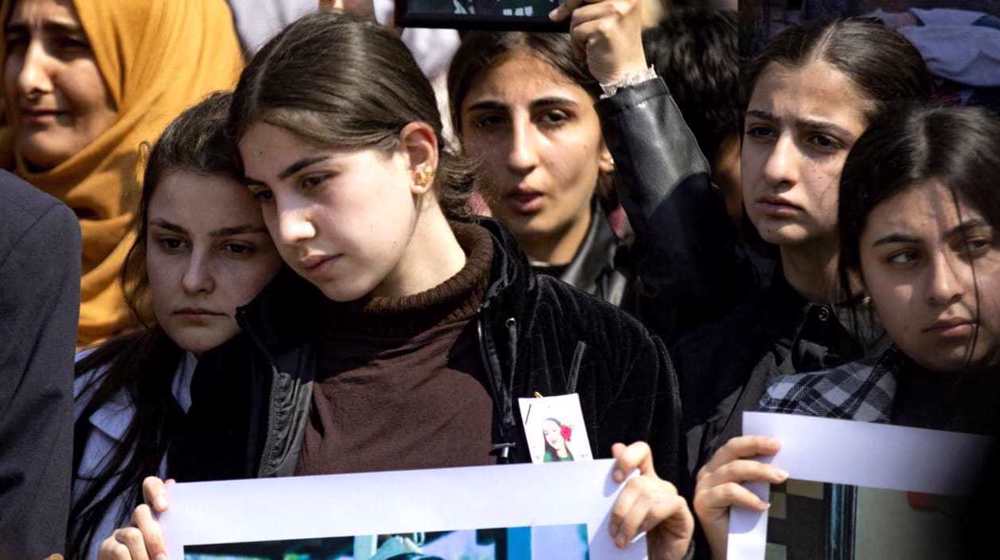
Syrian militants enslaving Alawite women in Idlib governorate: Report
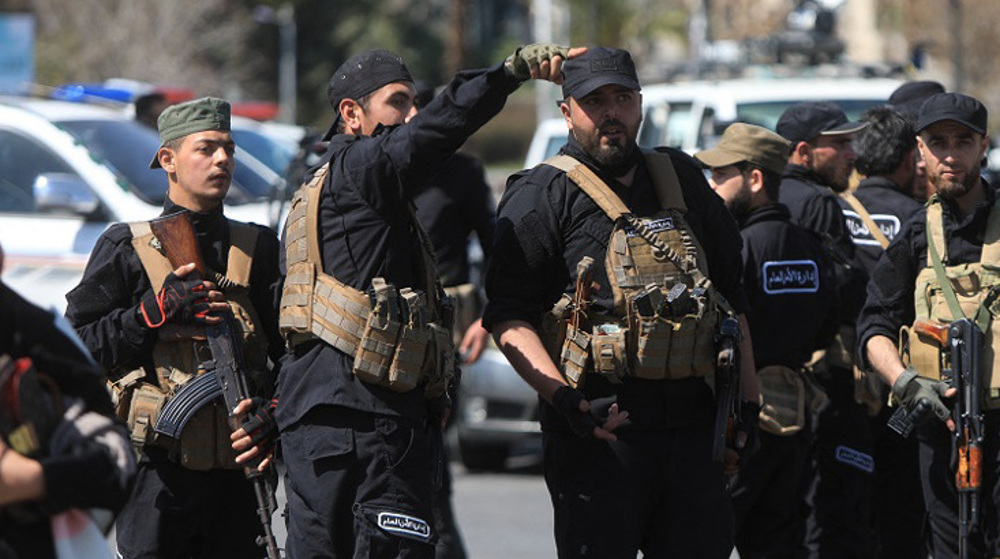
Syria's HTS arrests PIJ officials after US ties sanctions relief to ban on Palestinian groups
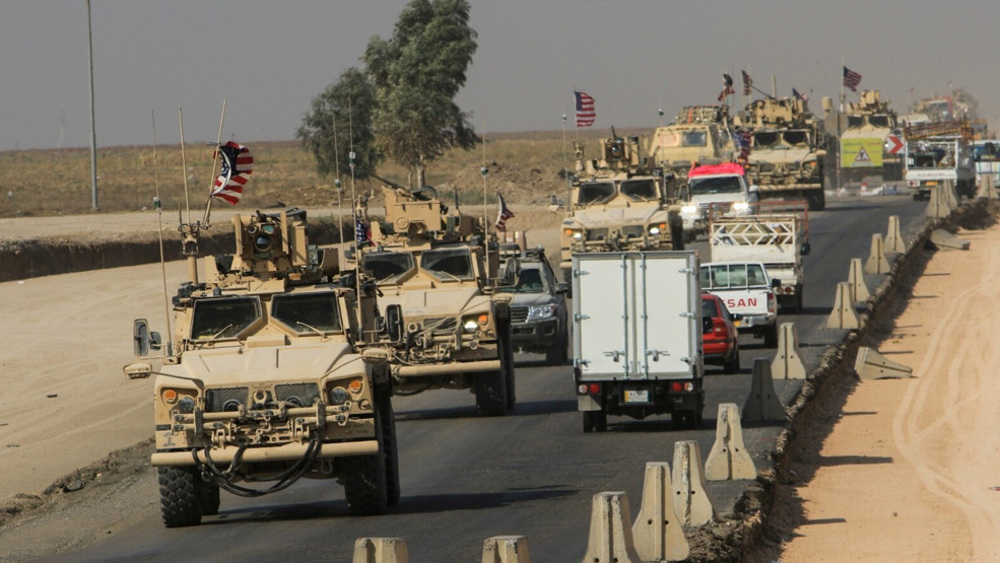
US arms convoys enter Iraqi Ain al-Asad base from Syria: Report
Syrian militants enslaving Alawite women in Idlib governorate: Report
VIDEO | US pro-Palestinian campus protest
VIDEO | Palestinian civil defense rejects Israel’s probe and exposes the crime
India downgrades ties with Pakistan after deadly Kashmir attack
Iran’s steel output up 3.7% y/y to 3.3 million mt in March
There is good chance that US and Iran can reach an agreement: Veteran diplomat
VIDEO | Yemen faces environmental crisis due to oil spill caused by US strike
Israeli forces murder minor, critically injure young Palestinian during West Bank raids


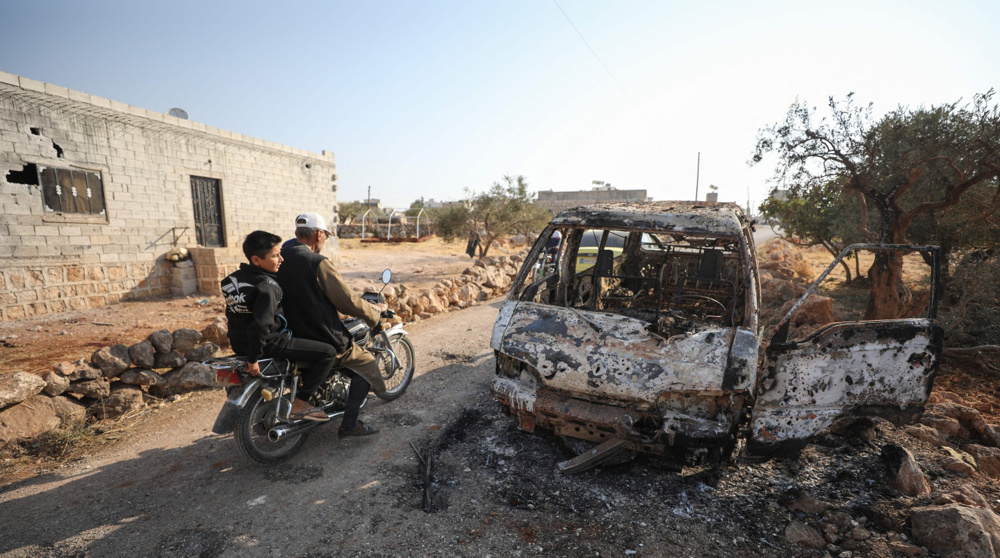

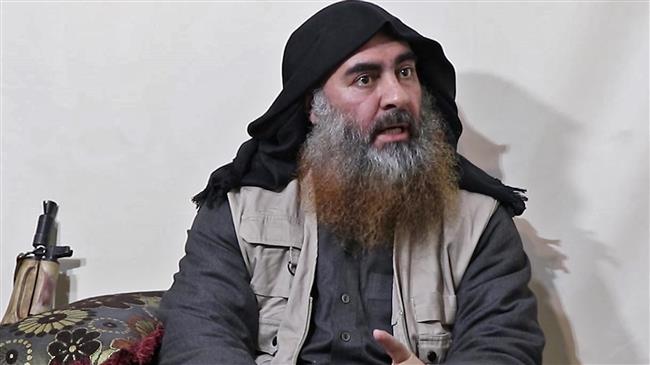




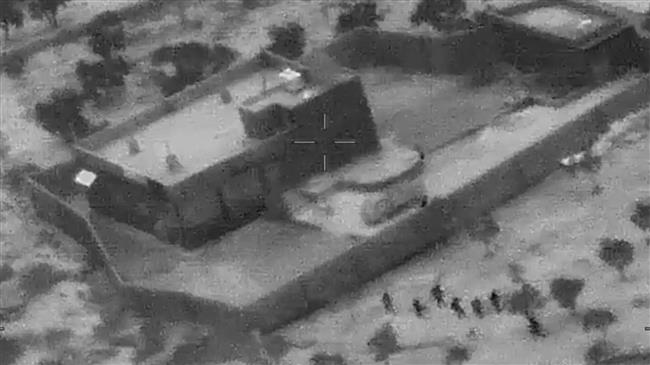

 This makes it easy to access the Press TV website
This makes it easy to access the Press TV website